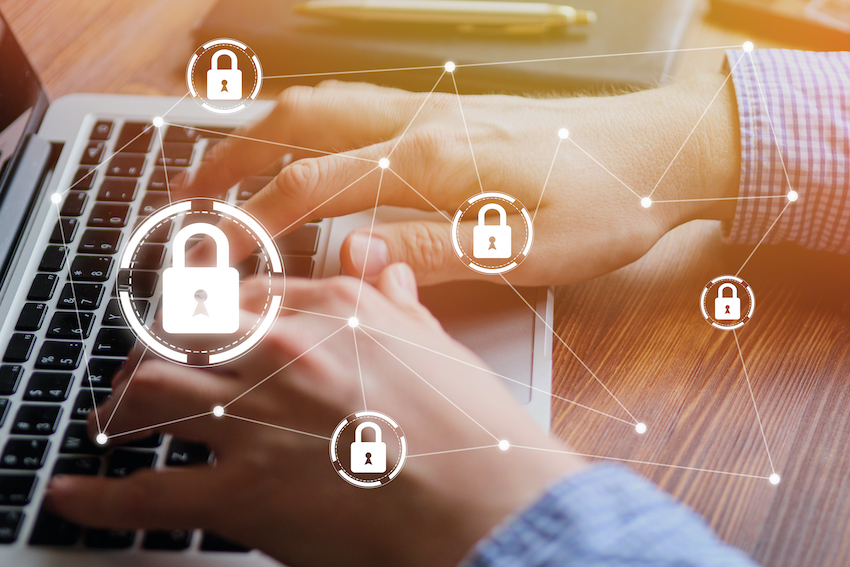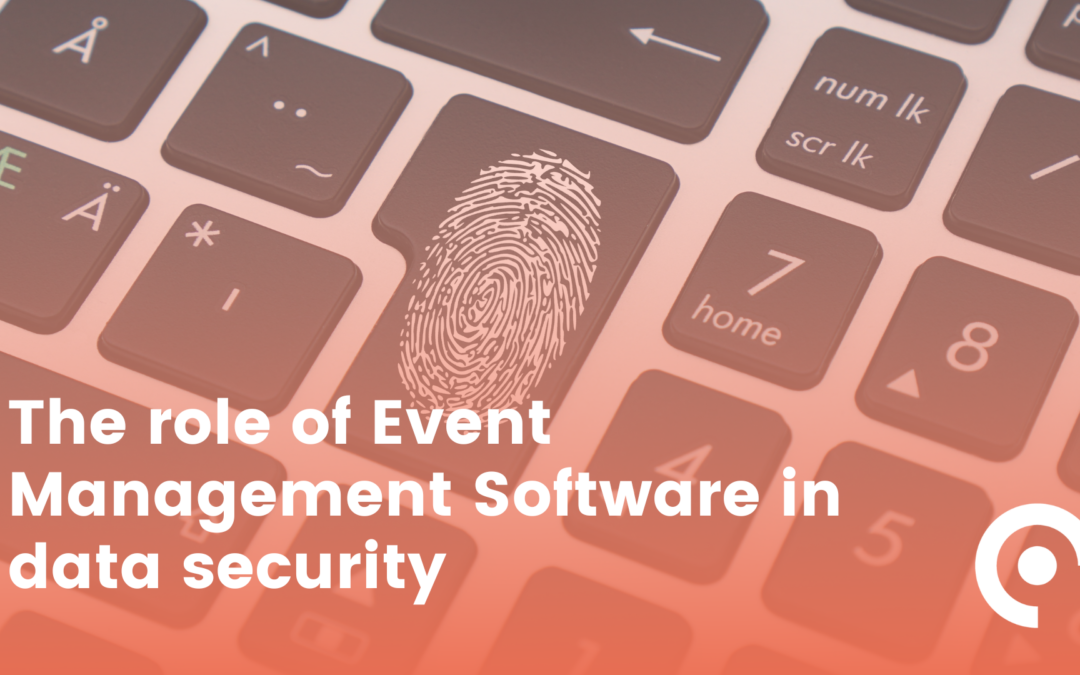Índice de contenidos
Nowadays, event management has significantly transformed with the use of advanced technologies for database security in events. One of the most crucial aspects of event organization is data security. Protecting personal and professional information of attendees is vital not only to comply with regulations but also to maintain participants’ trust. This article will explore the fundamental role that event management software plays in database security in events and how it can help you safeguard critical information.
Importance of database security in events
Data security in events is essential due to the large amount of sensitive information handled. From attendees’ personal data to financial and logistical details, protecting this information is vital to avoid breaches that can have legal and reputational consequences. Furthermore, good data security management reinforces participants’ trust in the organization.
Risks in event data management
The risks associated with data management in events are diverse and can come from both internal and external threats. Common risks include cyberattacks such as phishing and malware, as well as human errors like accidental information disclosure. Identifying these risks is the first step in implementing effective security measures.

The role of Event Management Software in data security
Event management software plays a crucial role in data protection. These tools are designed to handle large volumes of information securely, ensuring that only authorized individuals have access to sensitive data. Moreover, they offer advanced functionalities that allow for the prevention, detection, and response to potential threats.
Types of event management software
There are various types of event management software, each with specific features that contribute to data security. From attendee registration platforms to data analysis tools and mobile applications, each type of software offers unique functions that help keep information secure and organized.
Key security features in Event Management Software
Effective event management software should include several key security features. These include robust authentication, access control, data encryption, and continuous monitoring to detect potential intrusions. Below, we detail some of these essential features.
Authentication and access control
Authentication and access control are fundamental to ensuring that only authorized individuals can access sensitive information. This can include the implementation of two-factor authentication (2FA) and customized user permissions to limit access according to the specific needs of each role.

Data encryption
Data encryption is one of the most effective security measures for protecting information both in transit and at rest. Using software that encrypts data ensures that even if information is intercepted, it cannot be read without the appropriate decryption key.
Monitoring and intrusion detection
Continuous monitoring and intrusion detection are crucial for identifying and mitigating threats in real-time. Good event management software should include monitoring tools that alert administrators to suspicious activities, allowing for a swift response to prevent unauthorized access.
Backup and data recovery
Performing regular backups is indispensable for data protection. Event management software should facilitate automatic backup creation and offer data recovery options to ensure that critical information is always available, even in case of data loss.
Security updates and patches
Keeping software updated is fundamental for protecting against known vulnerabilities. Event management software developers should regularly release updates and security patches that users need to apply to keep the system protected against emerging threats.
Regulations and compliance
Complying with data security regulations and laws is crucial in event management. Regulations such as the General Data Protection Regulation (GDPR) in Europe and the California Consumer Privacy Act (CCPA) establish strict requirements for protecting personal data. Complying with these regulations is not only mandatory but also enhances participants’ trust and protects the organization from potential legal penalties.
Best practices in event data security
Adopting best practices in data security is essential to minimize risks. This includes educating employees about cybersecurity, implementing strong password policies, and conducting regular security audits. Awareness and continuous training are key to maintaining a secure environment.

The future of database security in event management
The future of data security in event management promises technological innovations that will offer even more protection. Emerging technologies such as artificial intelligence and machine learning are beginning to play an important role in threat detection and prevention. Data security will continue to evolve, and staying updated with the latest trends and developments is essential to maintaining information integrity.
Protecting data integrity in event management is an ongoing task that requires a multifaceted approach. From using advanced software to implementing policies and best practices, every aspect of data security is crucial. In a world where information is power, ensuring data security is fundamental to the success and sustainability of any organization.
Related blogs:

